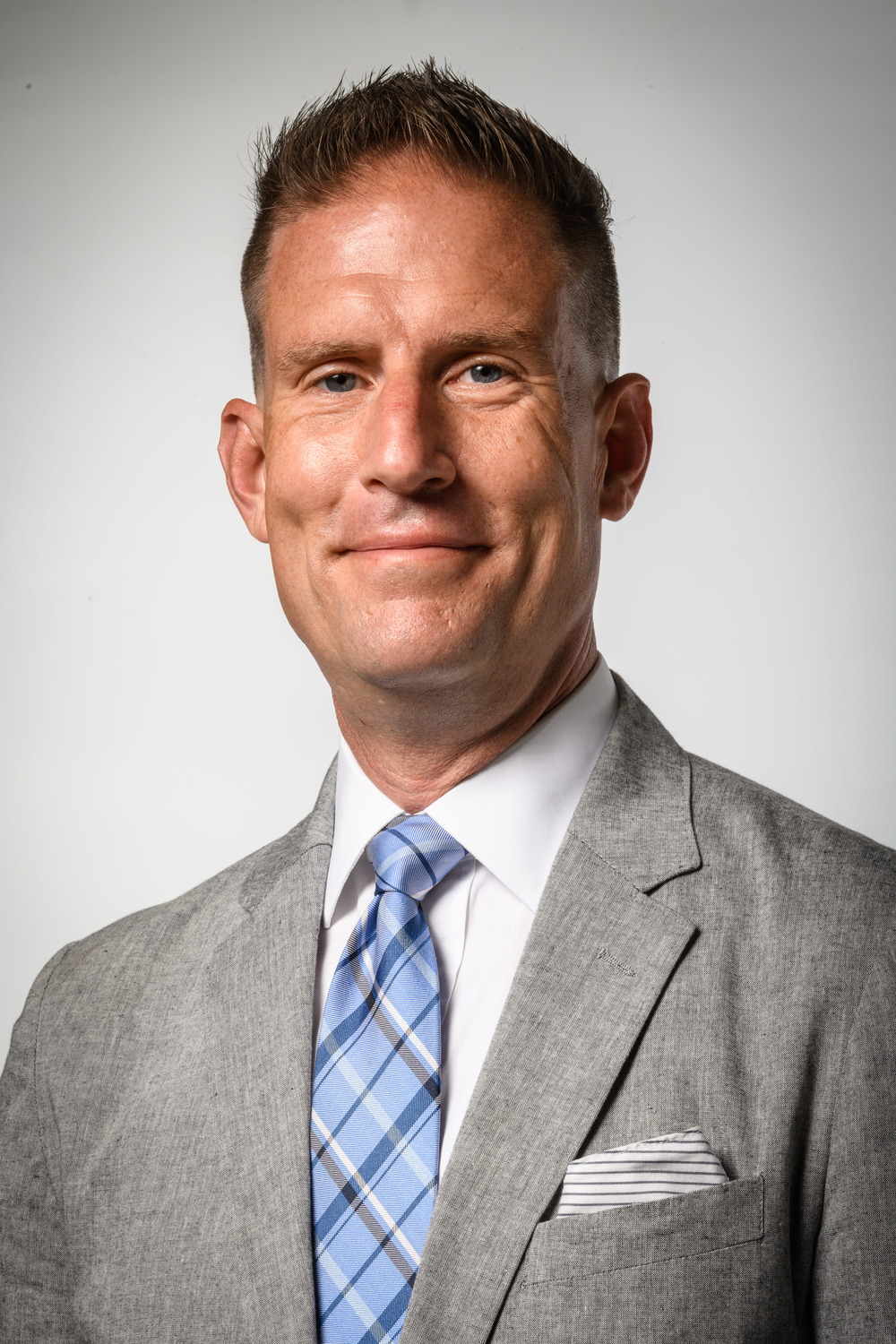A.J. Faas
 |
Professor Department of Anthropology
Keywords |
Current Research Activities
I am a cultural anthropologist specializing in the study of disasters, displacement, and resettlement. Most of my work has been in rural regions of Ecuador and Mexico, the American Pacific Northwest, and the Bay Area. I’m interested in several broad questions. First, I want to know what causes a given disaster. I reject the notion that a hazard like a volcano, fire, or nuclear reactor causes disaster, so I investigate how specific human-environmental relationships, economy, politics, and cultural practices produce disasters. Second, I want to know how and why different people cooperate in disasters and resettlement and the types of relations, practices, resources, and symbolic patterns that alternatively support or inhibit cooperation between individuals, groups, and organizations. Third, I am interested in the politics of disaster prevention, response, recovery, and resettlement. Fourth, I am interested in grassroots efforts to change how disasters and resettlements are envisioned, prevented, and managed. And finally, I am interested in how state and nongovernmental organizations attempt to work with “local culture” and involve people in planning for their futures.
Research Connections to Current Events
Disasters affect roughly a quarter of the world’s population each year, and conservative estimates are that more than 100 million people are displaced each year as a result of violent conflict, disasters, and large-scale development project like hydroelectric dams. And, as I write this, the entire world is reeling from a still unfolding crisis related to COVID-19, the largest pandemic to strike the globe in generations. The very scope of these phenomena begs the attention of science and the humanities. And I like to take very specific steps to put knowledge into action and make sure my work contributes to broader impacts beyond academia.
Personal Connections to Research
Above all, I have been inspired by the people in communities where I have worked. Above all, I have seen my friends in Canton Penipe, Ecuador living in the shadow of Mt. Tungurahua literally fashion new lives out of rubble while working together to cooperate against incredible odds. I am forever grateful that they welcomed me into their communities over a decade ago and have made me feel at home ever since. So too, I must thank my partners in San José, most especially Japantown Prepared and the community of Japantown. My students and I have been working with them for four years now and I hope to continue for a long time. I have been fortunate to have great mentors and many inspiring friends and colleagues in the field. I am grateful for the mentorship of Linda Whiteford, Graham Tobin, Kevin Yelvington, Eric Jones, Rhoda Halperin, and Anthony Oliver-Smith. And I am incredibly inspired and driven by several friends in the field, including my frequent collaborators, Roberto Barrios, Elizabeth Marino, Julie Maldonado, Kate Browne, Mara Benadusi, Qiaoyun Zhang, Virginia Garcia-Acosta, Susanna Hoffman, and Mark Schuller. Honestly, I don’t mind name dropping because these are incredible scholars making a difference with their work. Seriously, check them out!
Social Media
Other Languages
Spanish, Italian